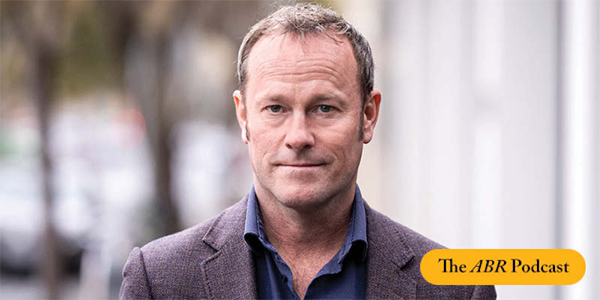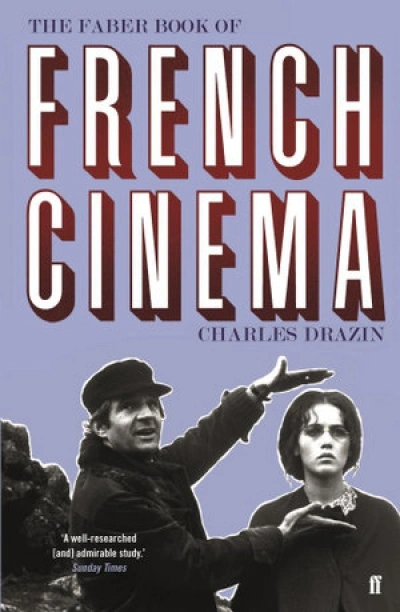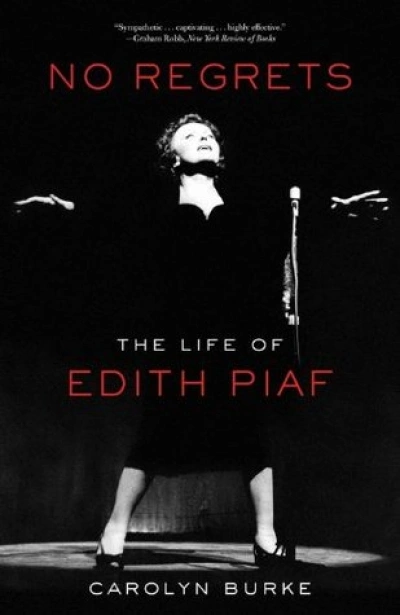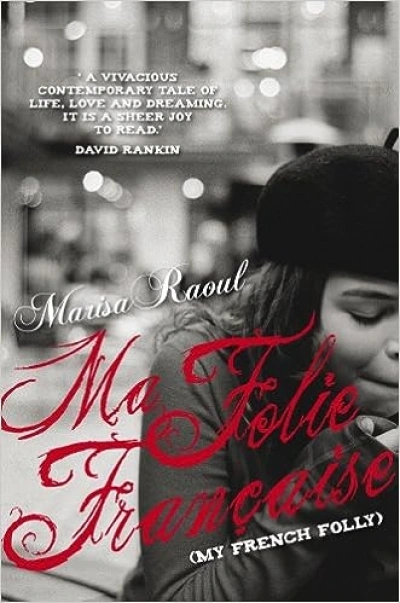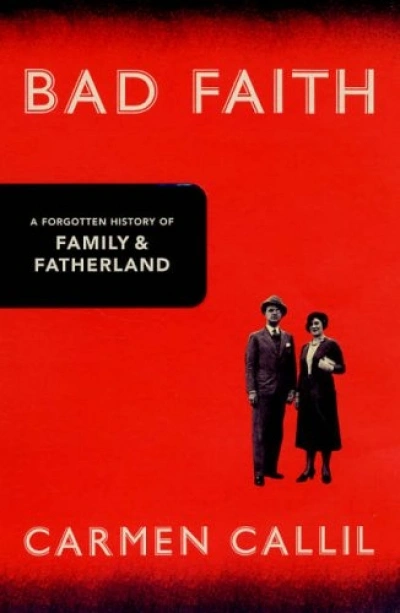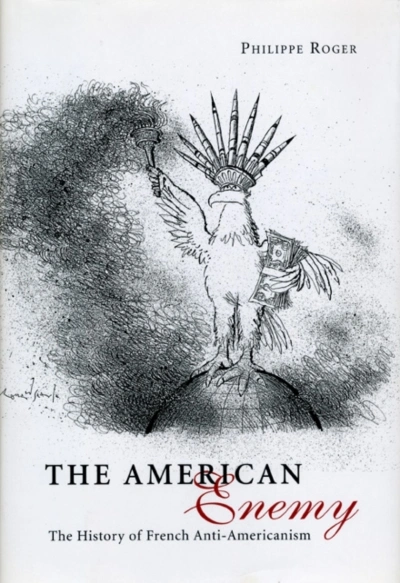France
The ABR Podcast
Released every Thursday, the ABR podcast features our finest reviews, poetry, fiction, interviews, and commentary.
Subscribe via Apple Podcasts, Stitcher, Google, or Spotify, or search for ‘The ABR Podcast’ on your favourite podcast app.
‘“Come nearer to Asia”: Australia’s place at Bandung, 1955.’
by Nathan Hollier
This week, on The ABR Podcast, we feature Nathan Hollier’s commentary ‘“Come nearer to Asia”: Australia’s place at Bandung, 1955.’ Seventy years after the 1955 Asian-African Conference, Hollier reflects on Australia’s official absence from this historic ‘postcolonial moment’, as well as its unofficial presence. Hollier recalls the invitation of Indian Prime Minister Jawaharlal Nehru to Australia, to ‘come closer to Asia’. ‘Seventy years on,’ he says, ‘Nehru’s invitation still calls to us, however faintly.’
Nathan Hollier is Manager of The Australian National University Press and co-editor of Profiles in courage: Political actors & ideas in contemporary Asia. Here he is with ‘“Come nearer to Asia”: Australia’s place at Bandung, 1955.’, published in the September issue of ABR.
Recent episodes:
After the horrific massacres in Paris and the ensuing ones in Belgium that were purportedly intended for France, the French were spontaneously drawn together ...
... (read more)Charles Drazin tells us that his interest in French cinema began as a student at Oxford in the early 1980s, when he attended screenings at the Maison Française, an institution established after World War II to encourage cultural exchange between Britain and France. Some of the films were obscure, some better known; the audience comprised devotees and newcomers who never quite knew what they were going to see. The free admission, the 16 mm projector, the portable screen fixed to a tripod, even the scraping of chairs on wooden floors contributed to the sense of occasion for the young cinéastes.
... (read more)In the autumn of 1962, as a student in Paris, I went to watch Edith Piaf perform atop the Eiffel Tower. My memory is of being in a thick crowd at ground level, straining to see a tiny floodlit figure while a huge metallic voice resounded across the night sky: ‘Non, je ne regrette rien …’ In this new biography of Piaf, Carolyn Burke reminds us that this was a publicity event for the launch of Daryl Zanuck’s film about D-Day, The Longest Day. Piaf, at forty-six, her health ruined, had only a year to live, but still managed to overcome her frailty and her fear of heights to project her whole being into the iconic image that the world had of her.
... (read more)Marisa Raoul’s memoir recounts the ten years she spent living and working with her husband in France. With French travel memoirs lining bookshop shelves – such as Ellie Nielsen’s Buying a Piece of Paris (2007), Mark Greenside’s I’ll Never Be French (no matter what I do) and Lucy Knisley’s French Milk (both 2008) and, of course, Peter Mayle’s wildly popular A Year in Provence (1991) – Raoul is treading safe, and commercially viable, waters.
... (read more)Bad Faith: A Forgotten History of Family and Fatherland by Carmen Callil
In 1978 the French weekly L’Express published an interview that sent a shockwave through the French collective conscience. The subject was Louis Darquier de Pellepoix, the wartime Vichy government’s Commissioner for Jewish Affairs. Having escaped at the end of the war to the safe haven of Franco’s Spain, he was now an octogenarian, enjoying some prestige as the official translator of the Caudillo’s speeches. Darquier had been condemned to death in absentia by the Liberation courts, but never extradited. He was not the only Nazi collaborator to have escaped punishment, but what most profoundly perturbed the readers of L’Express was that his virulent anti-Semitism was still completely intact, as was his refusal to believe that the Shoah was anything other than a Jewish fabrication. In the late 1970s France was at the beginning of the long process of self-examination and self-remembering whereby it would seek to come to terms with one of its history’s darkest periods. For Charles de Gaulle, whose presence had dominated so much of the two decades after World War II, the Vichy government was an illegality, and its leaders traitors. After de Gaulle’s death in 1970 began the slow and painful process of acknowledgment that the experience and behaviour of the French during the Occupation was more complex than the Gaullian vision, and much more shameful.
... (read more)The American Enemy: The history of French anti-Americanism by Philippe Roger
As an eyewitness to the terrorist attack on the World Trade Centre in September 2001, Philippe Roger was sickened when the America-hating Jean Baudrillard announced his ‘prodigious jubilation’ at the event. Sickened, but not surprised. Roger understood that Baudrillard’s crassness was rooted in a long French tradition of anti-American discourse.
... (read more)

